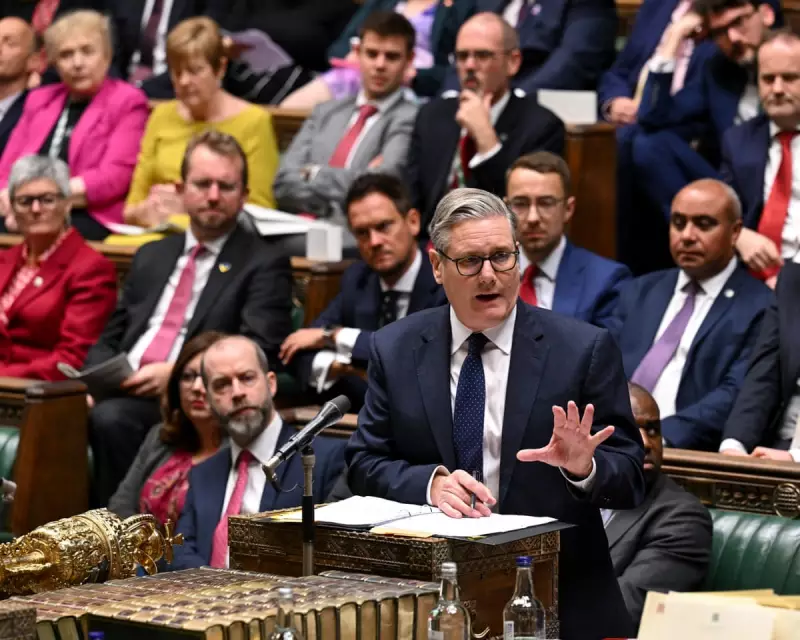
The UK's landmark independent inquiry into grooming gangs has been thrown into turmoil following the dramatic resignation of one of its most senior figures, Baroness Louise Casey.
In a devastating blow to the investigation, Casey stepped down from her role as an expert adviser, citing a profound 'lack of trust' from victims and survivors as her primary reason for leaving.
A Damning Verdict on the Inquiry's Credibility
Casey's resignation letter delivers a stark warning about the inquiry's current trajectory. She expressed grave concerns that without the confidence of those it's meant to serve, the investigation risks becoming 'another institution that has failed them'.
The crossbench peer, renowned for her work on social integration and public services, had been appointed to provide crucial independent oversight to the sensitive probe.
What This Means for Justice
This development raises serious questions about:
- The inquiry's ability to gather vital testimony from victims
- Public confidence in the investigation's findings
- Potential delays in delivering long-awaited answers
- The government's approach to addressing historical child sexual exploitation
The resignation comes at a critical juncture for the inquiry, which was established to examine how organised grooming gangs were able to operate with impunity across multiple towns and cities in England.
Broader Implications for Institutional Accountability
Casey's departure echoes concerns she has raised previously about institutional failure. Her 2023 review of the Metropolitan Police found the force to be institutionally racist, sexist, and homophobic, suggesting a pattern of systemic failure in protecting vulnerable communities.
As the government scrambles to address this latest crisis in the inquiry, victims and campaigners are left wondering whether they will ever see the comprehensive accountability they've been promised.





